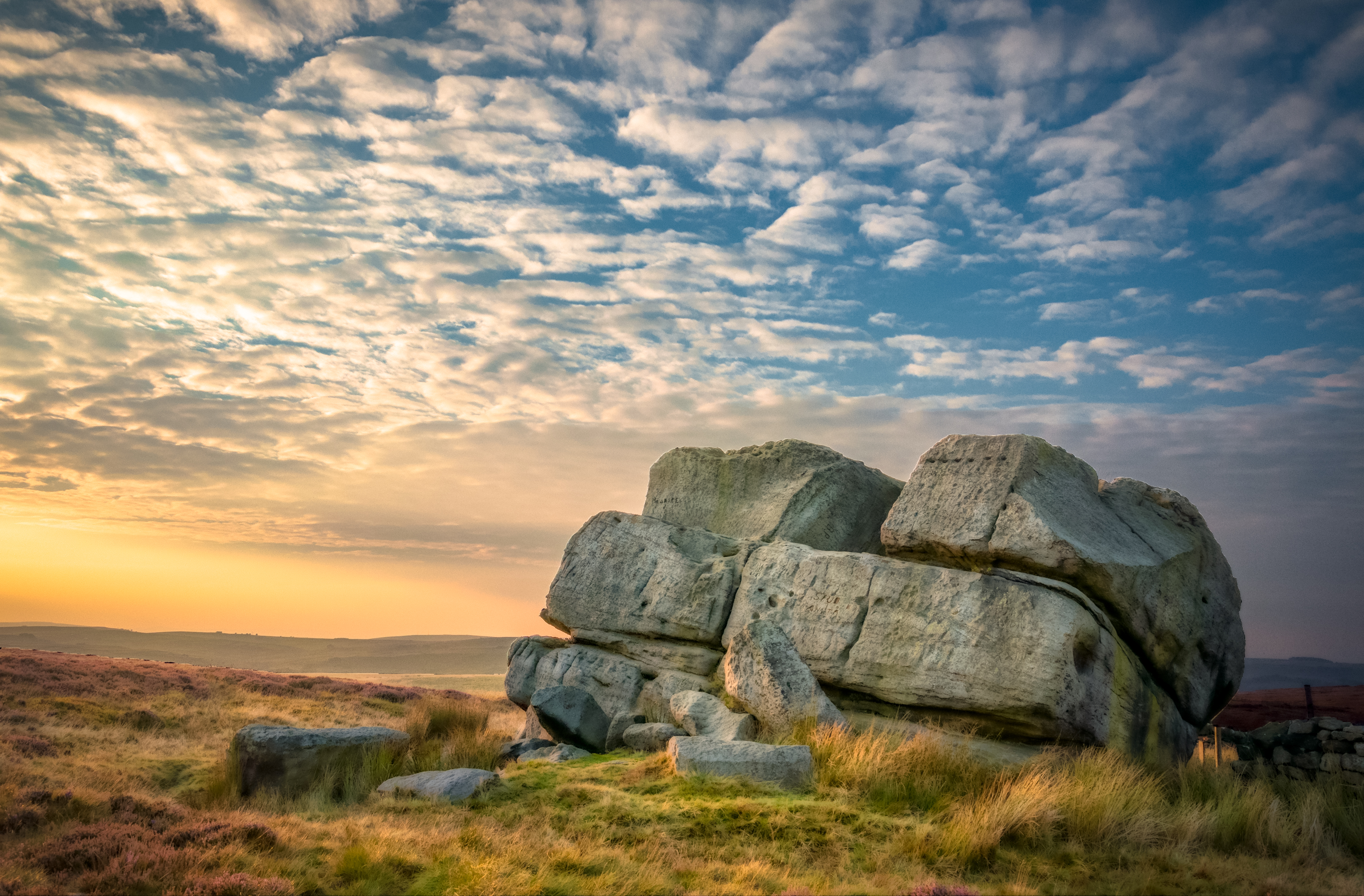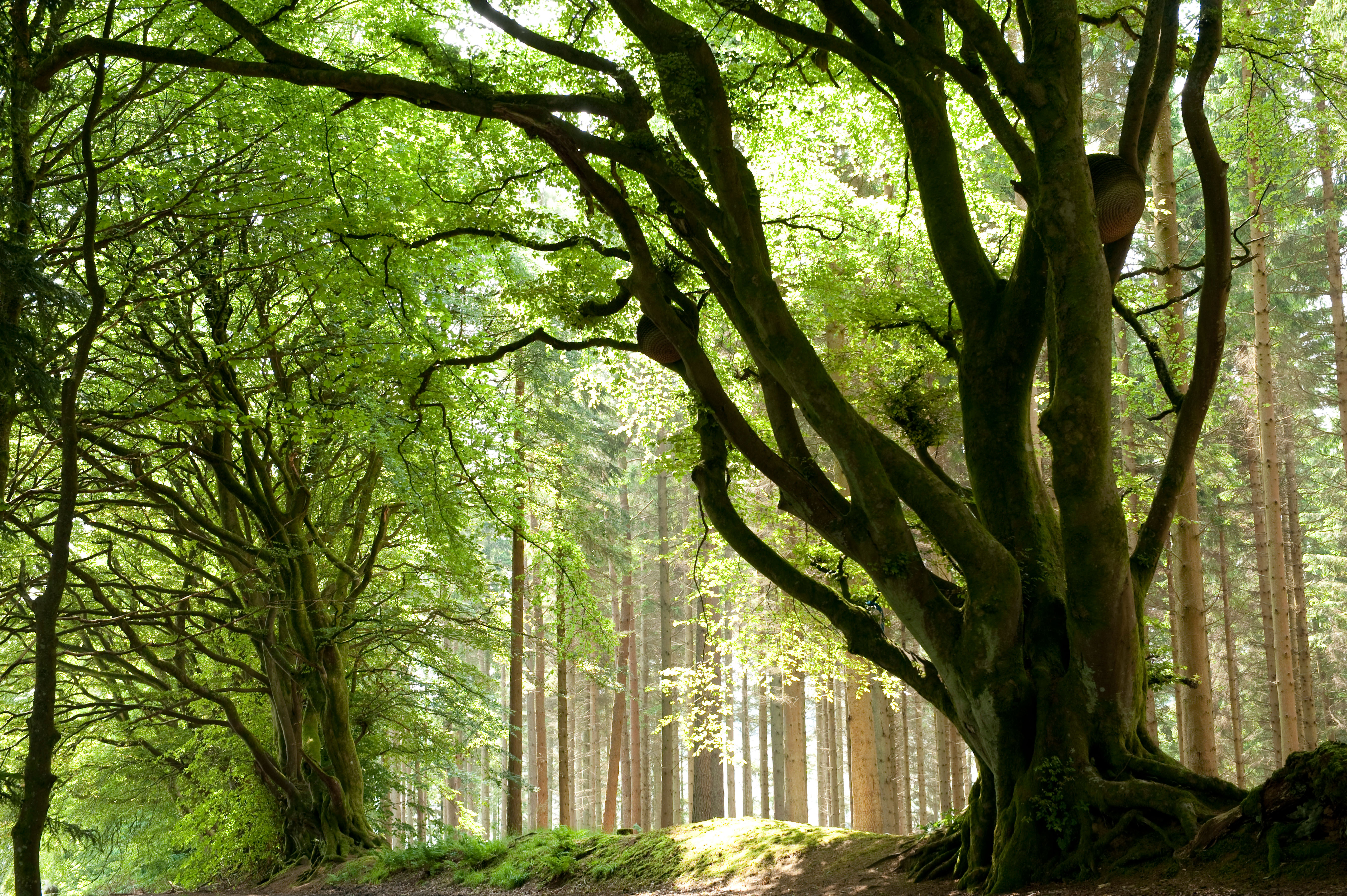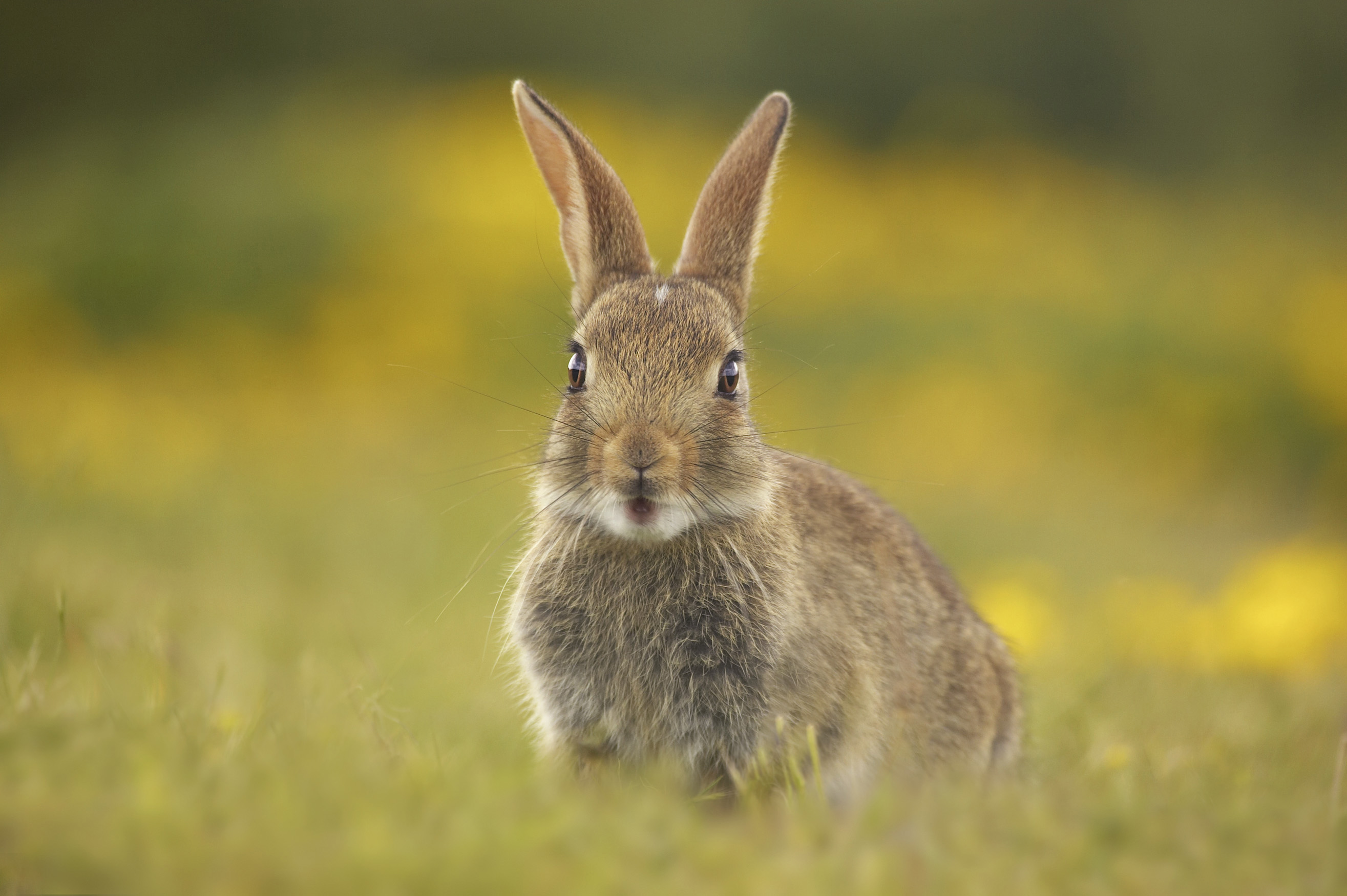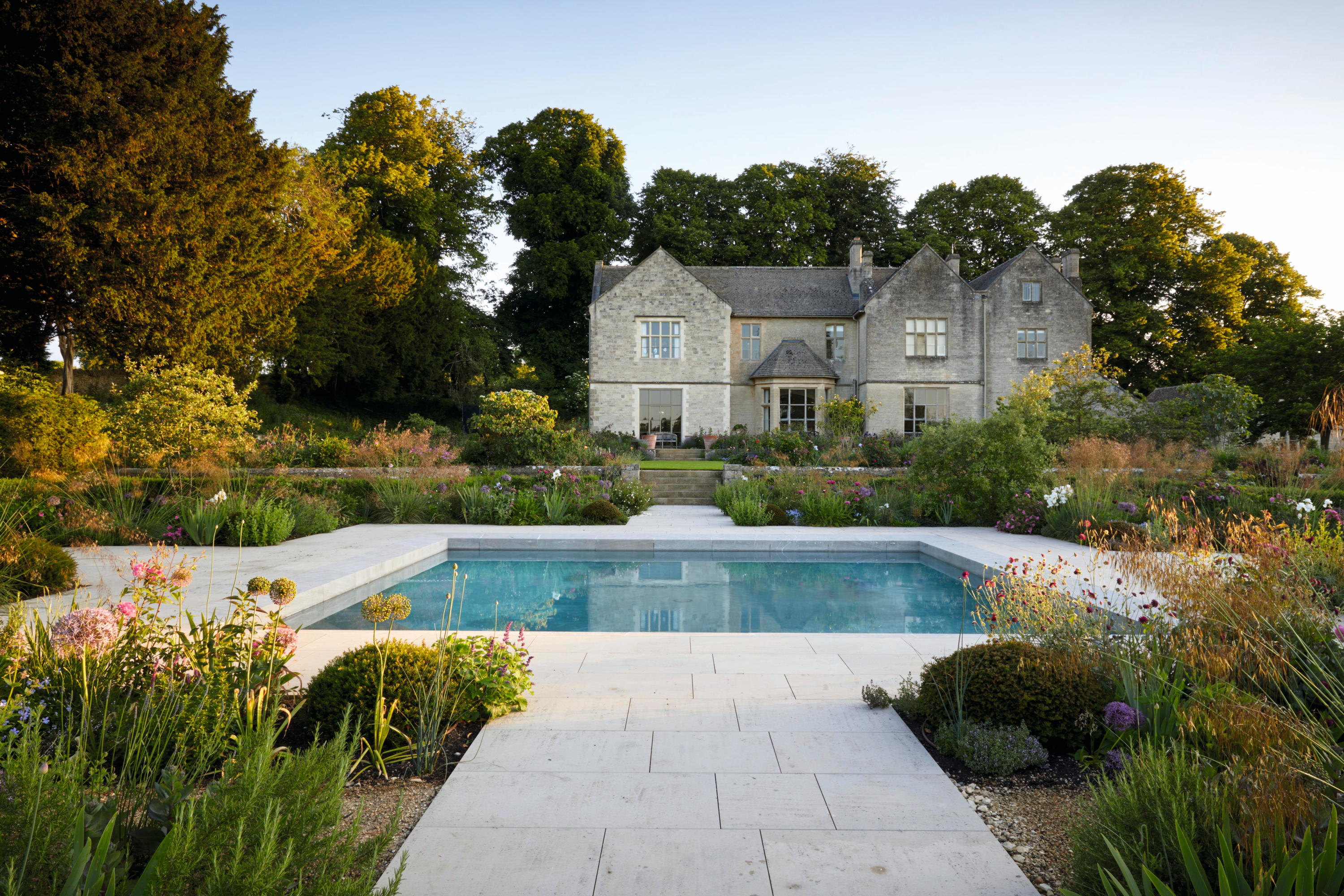Drying peatlands could release carbon, worsening climate change, according to scientists
A joint study by academics from many UK and international universities found that peatlands, which, until now, have been some of the world's most important carbon sinks, are drying out and, as a result, may become a source of emissions — and British and Irish bogs are among the most degraded.


Europe’s peatlands risk turning from a sink to a source of carbon, in a change that could have devastating consequences for the planet. A new study published on Nature Geoscience by a large group of scientists from across the world, including academics from the Universities of Leeds, Queen’s Belfast, Exeter, Gloucestershire, Southampton, Aberdeen and Manchester Metropolitan, has discovered that British and European bogs have seen ‘substantial, widespread drying’ over the course of the past 300 years.
The researchers tested historic and current peatland surface wetness from 31 sites across Britain, Ireland, Scandinavia and continental Europe and discovered that, between the years 1800 and 2000, the majority of the study locations were drier than they had been for the past 600 years. Nearly half of them are the driest they have been for a millennium and, worryingly, bogs in Britain and Ireland are among the most degraded.
Scientists think that the reason peatlands are drying is a deadly combination of human impact and rising temperatures, with almost half of the places they examined showing significant man-inflicted degradation linked to draining, cutting and burning.
‘Our study sites include some of the least damaged peatlands in Europe, but it is clear that almost all European peatlands have been affected by human activities to some extent,’ said the paper's lead author, Graeme Swindles, of the University of Leeds.
The problem with drying bogs is that they could potentially switch from absorbing carbon to releasing it into the atmosphere. Healthy peatlands, explains Thomas Roland of the University of Exeter ‘have an exceptional potential for the capture and storage of carbon from the atmosphere, and are one of Earth’s most important carbon sinks’.
However, continues Maarten Blaauw from Queen’s University in Belfast, ‘the study shows that the drying of our bogs appears to have changed this and peatlands could now actually be turning into carbon sources – instead of absorbing carbon, actually starting to emit it. Clearly this is not good news for our planet.’
That’s why researchers are highlighting the ‘vital need to protect, conserve and restore’ bogs and are calling for measures to a bid to halt the drying process. As Dr Swindles put it, ‘it is more important than ever that we safeguard peatlands with effective management and active restoration’.
Sign up for the Country Life Newsletter
Exquisite houses, the beauty of Nature, and how to get the most from your life, straight to your inbox.

'A superb weapon in the battle against climate change': Plans to plant one million trees in Northumberland
The government has announced plans for a new Great Northumberland Forest in a bid to tackle climate change.

State of Nature: Britain's biodiversity is under threat but it can yet be saved
The authoritative State of Nature 2019 report highlights a sharp decline in wildlife, plants and fungi caused by a variety
Carla must be the only Italian that finds the English weather more congenial than her native country’s sunshine. An antique herself, she became Country Life’s Arts & Antiques editor in 2023 having previously covered, as a freelance journalist, heritage, conservation, history and property stories, for which she won a couple of awards. Her musical taste has never evolved past Puccini and she spends most of her time immersed in any century before the 20th.
-
 Hampnett House: A Gloucestershire garden where an empty, squelchy lawn has been replaced by 'gorgeous flowery generosity'
Hampnett House: A Gloucestershire garden where an empty, squelchy lawn has been replaced by 'gorgeous flowery generosity'What to do if you inherit a garden that isn’t your style? Tiffany Daneff visits the garden at Hampnett House, Gloucestershire — home of Mr Sanjeev Shah and Ms Mansi Amin — and finds a space that has undergone a major transformation, from high-concept minimalism to flower-filled paradise. Photographs by Britt Willoughby Dyer.
-
 Curious Questions: Where did the viral Instagram Shaker kitchen come from — and how is it linked to Quakerism?
Curious Questions: Where did the viral Instagram Shaker kitchen come from — and how is it linked to Quakerism?The traditional and incredibly versatile Shaker kitchen is looked up to the world over, but where did it actually come from?